A disease, such as dengue, can be fatal. Some areas have the right conditions for this virus to proliferate. There are still no vaccines to protect adults or travelers against dengue. Dengvaxia is only for nine to 16 year-olds. The most ideal way to protect yourself and your loved ones is to repel Aedes mosquitoes. Below are the things you must know to do so.
What Dengue Is
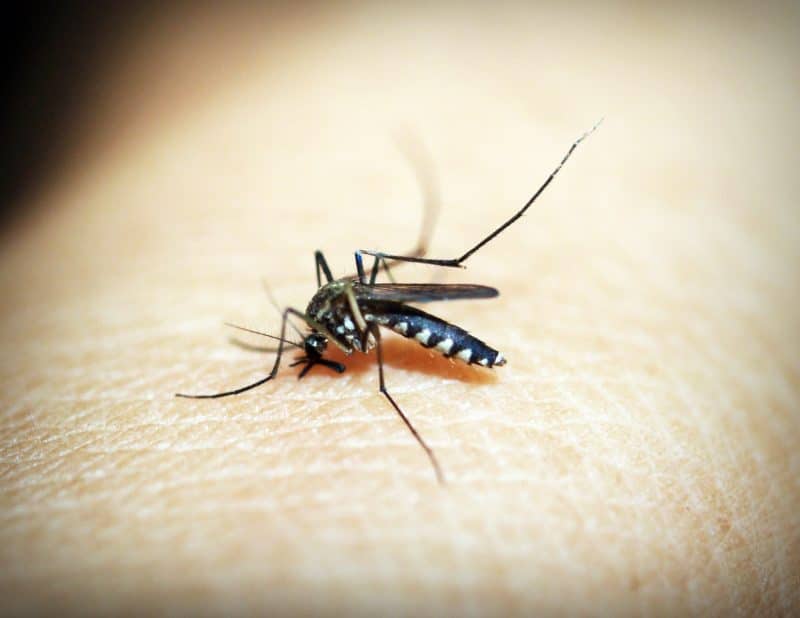
This is a common disease in at least 100 countries all over the world. About 3 billion people or 40% of the global population reside in areas with a risk of this disease. Many areas have a large population of the Aedes species of mosquitoes. This makes people there at high risk of contracting dengue. People frequenting or residing there must have extra protection.
Signs and symptoms
Some patients exhibit no symptoms of this illness. Others only show mild symptoms. Studies show that one in four people who have dengue will manifest symptoms. Mild symptoms may be mistaken for other diseases. Most dengue patients can recover after about a week. Common dengue symptoms are:
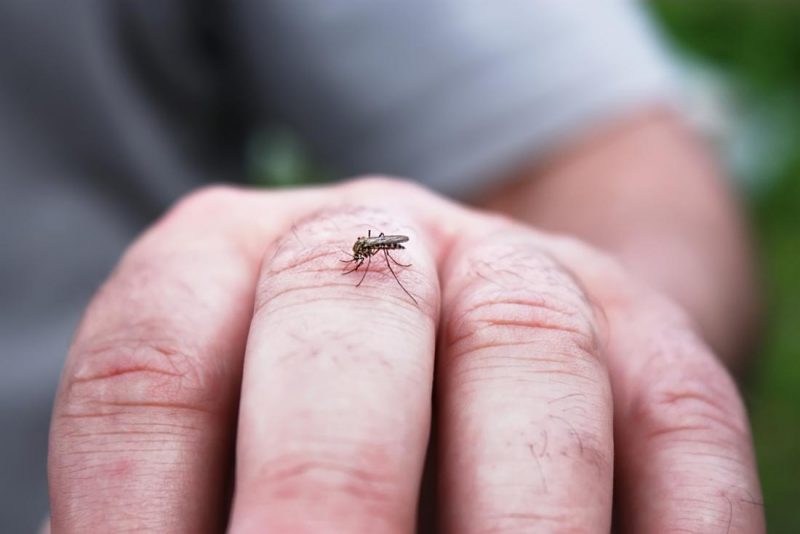
- Rashes
- Headaches
- Bone, muscle or joint pain
- Eye pain
- Unusual bleeding
- Vomiting and nausea
Severe dengue must be treated as an emergency. The following are the warning signs:
- Irritability
- Stomach tenderness or belly pain
- Blood in stool
- Vomiting blood
- Restlessness
- Vomiting more than three times in one day
- Bleeding from the gums and nose
Repelling Mosquitoes
Bite prevention is the most effective way to keep yourself safe from dengue. Remember, there is still no medication available for active travelers and adults against dengue. Here are some tested ways to prevent dengue infection:
Use insect repellent
As long as the insect repellent is EPA-registered, it is safe to use on children, pregnant, and breastfeeding women. The active ingredients you must look for are:
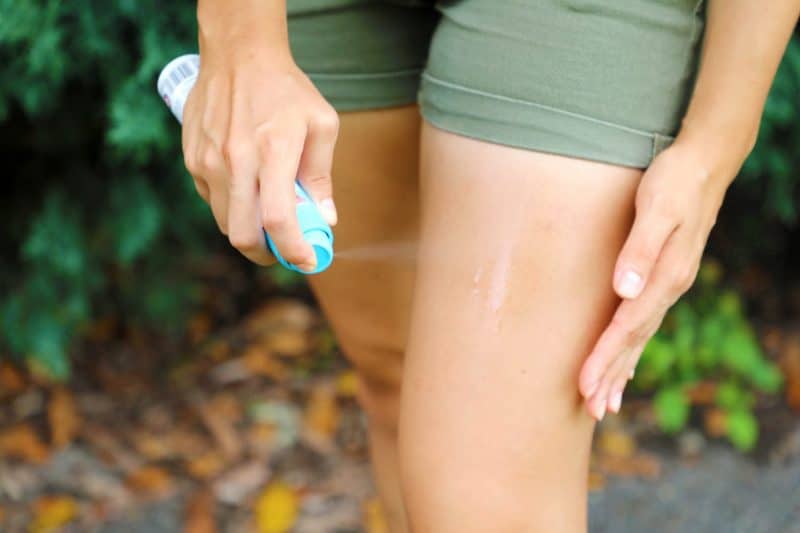
- Picaridin
- Oil of lemon eucalyptus
- DEET
- IR3535
- 2-undecanone
- Para-menthane-diol
Remember to follow the instructions on the label. Do not spray or apply repellent on your skin underneath your clothes. Apply sunscreen first before applying the repellent.
Protect children

Dressing the kids in clothes covering legs and arms. Placing netting over carriers and strollers can ward off mosquitoes. Pick repellents without PMD (para-menthane-diol) or OLE (oil of lemon eucalyptus). Avoid applying repellent to the child’s mouth, hands, irritated skin, broken skin, and eyes. It is better to spray the repellent on your hands first and then apply the repellent on the child’s skin.
Wear protective clothing
Long pants and long-sleeved shirts can help protect you from mosquito bites. Treating your clothes and tents with permethrin can help increase your protection. Do not use permethrin on your skin.
Control mosquitoes
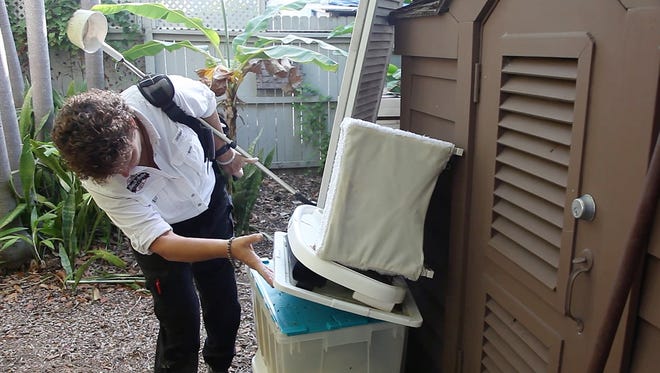
Put up screens on your windows and doors. Check for holes and repair them. Use air conditioning. Mosquitoes do not like cold temperatures. Sleep under a mosquito net if you do not have screens or air conditioning. Check around your home for any vessel that holds stagnant water. Turn them over and clean them out. Mosquitoes lay eggs near small pools of stagnant water. Check each week or every other day to prevent dengue from entering your premises.
Strengthen your body
It is important to have a strong body. A strong immune system can also help you battle infections like dengue. Eating more fruits and vegetables while taking proper supplementation, can reinforce your body. If you do get the infection, you can recover faster.
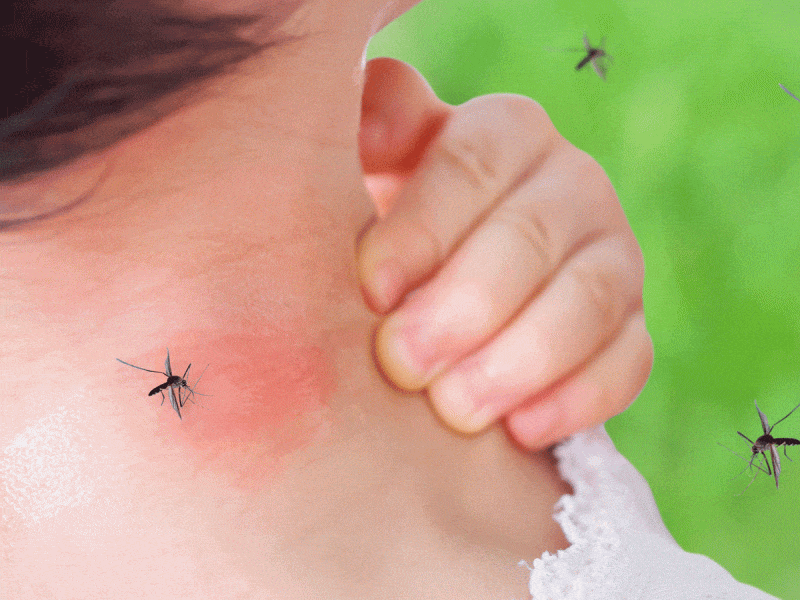
Dengue is a difficult disease to tackle. It can be fatal if you do not protect yourself or seek treatment right away. Following the mentioned tips and understanding dengue fever can help you become more aware of what you can do to keep it out of your life.